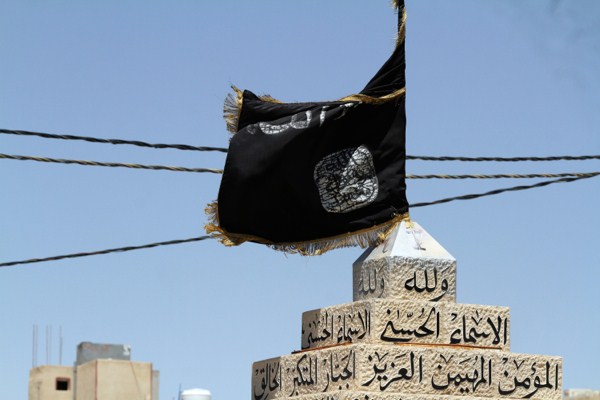In the U.S.-led coalition against the so-called Islamic State (IS), one country has remained relatively aloof: Israel, which has only provided some intelligence when asked. Israel has a good reason for this stance. Unlike Syria and Iraq, where IS controls swaths of territory, or Iraq, where its takeover of Mosul and other northern towns has weakened an already fragile state, it is not a direct threat to Israel. As a result, Israel does not want to get involved in what is amounting to a regional war.
But IS does pose an indirect threat to Israel. And while Syrian militants from Jabhat al-Nusra, al-Qaida’s affiliated branch in Syria, are already present on the edge of the Golan Heights, the real threat to Israel of spillover from Syria’s civil war is farther south: Through neighboring Jordan, IS could bring more jihadists to Israel’s borders, opening another front against the country and forcing Israel to change course. It is through Jordan that Israel could be dragged into the fight against IS, which in turn might upset the coalition Washington has put together.
It was not due to an oversight that Israeli Prime Minister Benjamin Netanyahu, in his speech to the United Nations General Assembly, referenced IS only insofar as it shares the same jihadist ideology as Israel’s main enemies, Hamas and Iran. While most Israeli officials and analysts contend that IS does not pose a danger to Israel for now, they stress that it creates a larger strategic dilemma given the country’s longstanding security policies, including its tacit commitments to Jordan.

